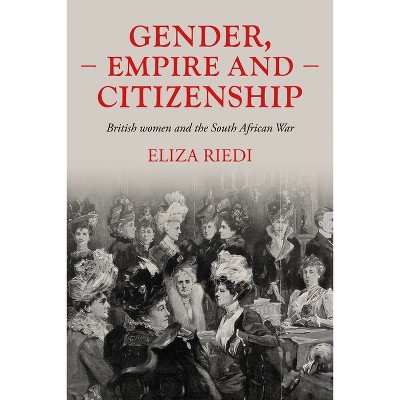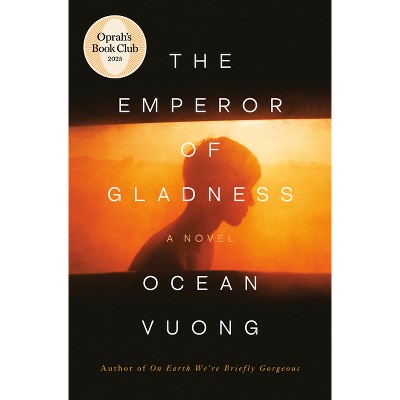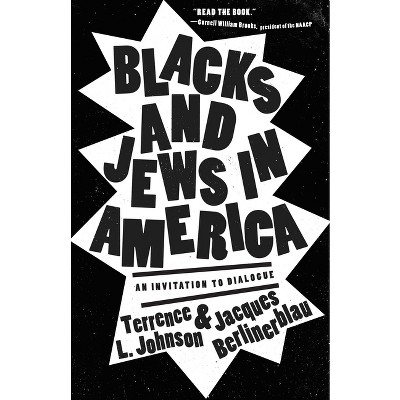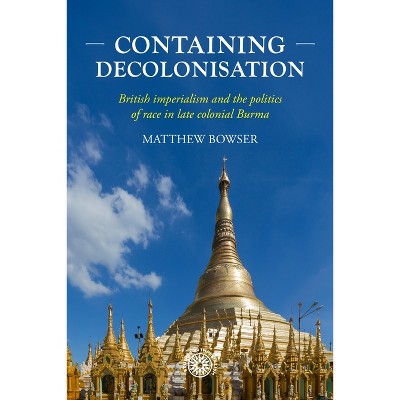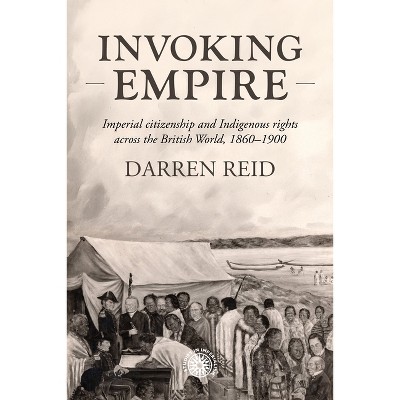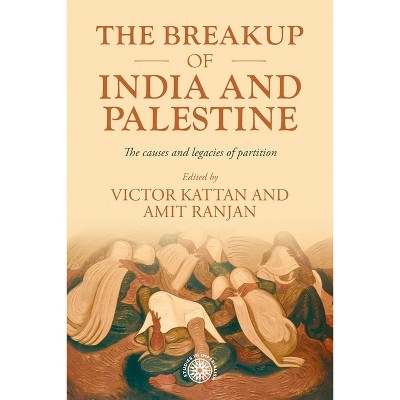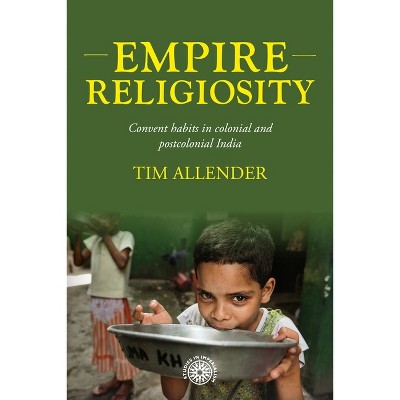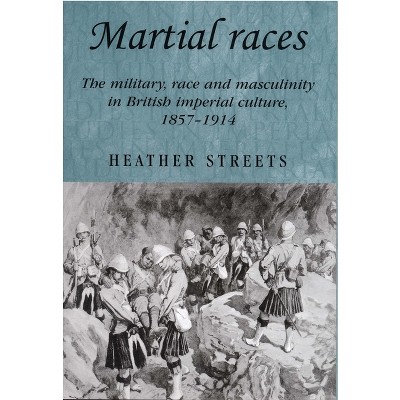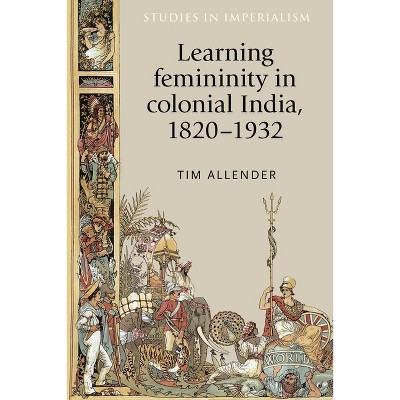Sponsored

Empire's Daughters - (Studies in Imperialism) by Elizabeth Dillenburg (Hardcover)
In Stock
Sponsored
About this item
Highlights
- Empire's daughters traces the interconnected histories of girlhood, whiteness, and British colonialism in the late nineteenth and early twentieth centuries through the study of the Girls' Friendly Society.
- About the Author: Elizabeth Dillenburg is an Assistant Professor of History at The Ohio State University at Newark
- 280 Pages
- Political Science, Imperialism
- Series Name: Studies in Imperialism
Description
About the Book
This book provides a study of the Girls' Friendly Society to examine how the construction of girlhood was intricately tied to constructions of whiteness and ideas of empire. It uses correspondences, newsletters, scrapbooks, and photographs to reveal the often-overlooked role of girls in the British empire.Book Synopsis
Empire's daughters traces the interconnected histories of girlhood, whiteness, and British colonialism in the late nineteenth and early twentieth centuries through the study of the Girls' Friendly Society. The society functioned as both a youth organisation and emigration society, making it especially valuable in examining girls' multifaceted participation with the empire. The book charts the emergence of the organisation during the late Victorian era through its height in the first decade of the twentieth century to its decline in the interwar years. Employing a multi-sited approach and using a range of sources, including correspondences, newsletters, and scrapbooks, the book uncovers the ways in which girls participated in the empire as migrants, settlers, laborers, and creators of colonial knowledge and also how they resisted these prescribed roles and challenged systems of colonial power.
An electronic edition of this book is freely available under a Creative Commons (CC BY-NC-ND) licence.From the Back Cover
The late nineteenth and early twentieth centuries marked a key moment in the development of girlhood, the history of the British empire, and the promulgation of whiteness - phenomena that may at first glance seem disparate, but were deeply intertwined. Girlhood and whiteness in the British empire explores the interconnected histories of girlhood, whiteness, and British colonialism through a study of the Girls' Friendly Society.
Concerns about social and racial purity fundamentally shaped the development of the society in the late Victorian era. It led the Girls' Friendly Society to develop extensive education and emigration programs, with the hope that English girls would travel to disparate parts of the empire and build up settler societies through the creation of white homes. The organisation sought to bolster whiteness and its position and power by establishing overseas branches, but the realities of colonial societies complicated their efforts. The treatment and exclusion of girls of colour portended its decline in the interwar years.
Although girls are often consigned to the margins of colonial history and considered peripheral figures, Girlhood and whiteness uncovers the ways in which girls and ideas of girlhood were central to the empire. Employing a multi-sited approach and using a range of sources - including correspondences, newsletters, photographs, and scrapbooks - the book reveals how girls participated in the empire as migrants, settlers, laborers, and creators of colonial knowledge and also how they resisted these prescribed roles and challenged systems of colonial power.
About the Author
Elizabeth Dillenburg is an Assistant Professor of History at The Ohio State University at NewarkShipping details
Return details
Trending Non-Fiction



